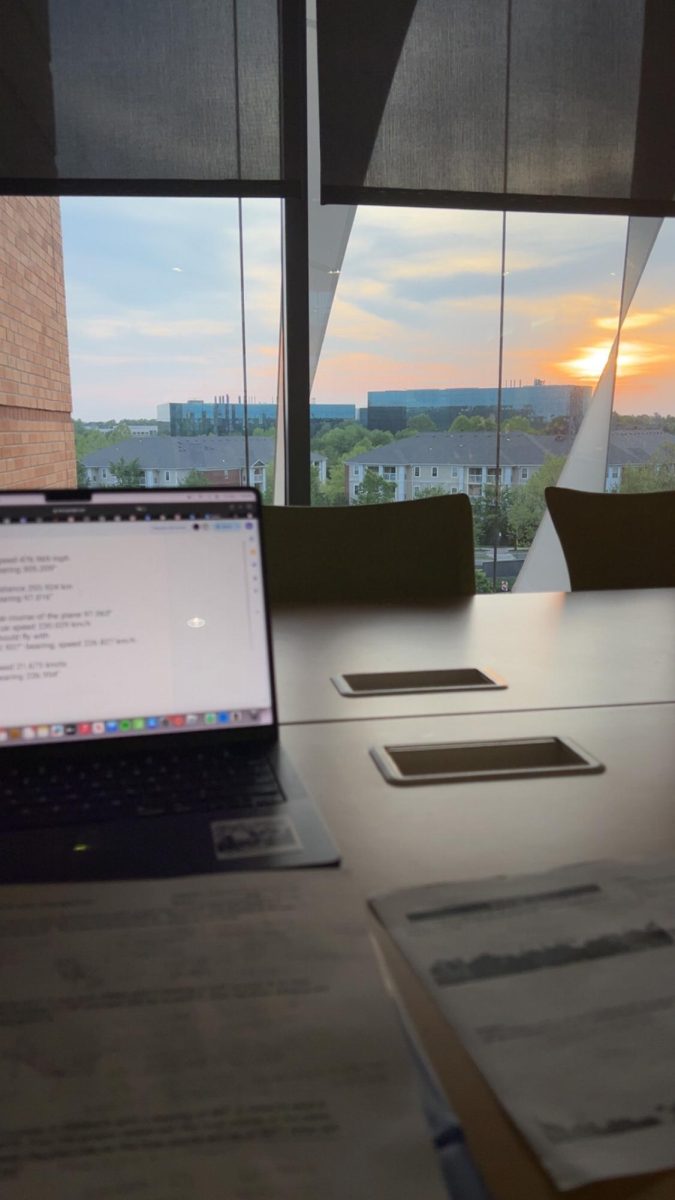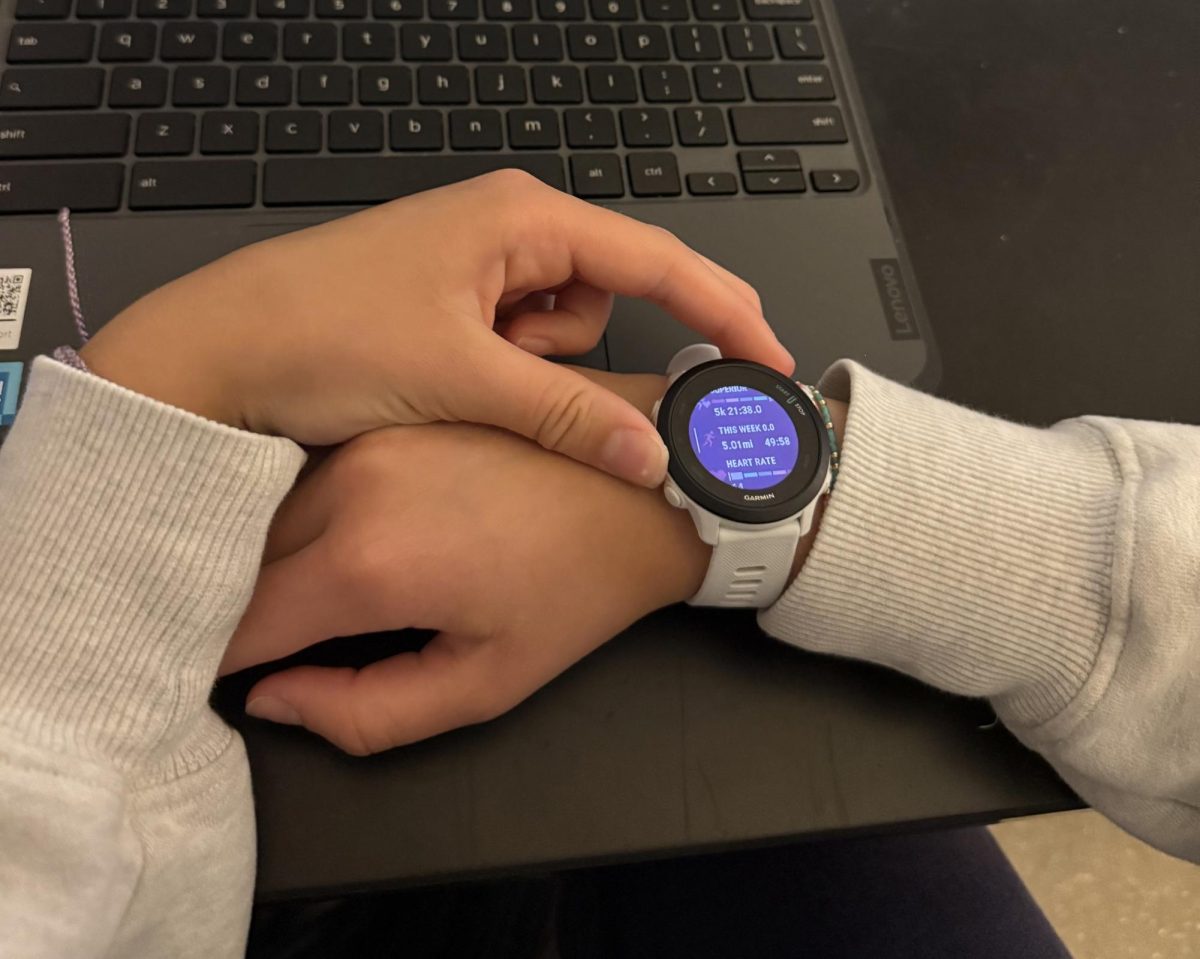Josie Rosenstein
staff writer
The question of whether social media has a negative impact on teenagers has garnered different answers by teachers, students, parents and users of social media apps.
One outlook on the global phenomenon is that social media has a positive impact on students. It gives teenagers the ability to connect with others around the world, providing a sense of belonging.
However, according to UNICEF, the feeling of belonging is temporary. Social media in the long run creates feelings of loneliness and isolation. The use of social media cannot replace the importance and benefits of face-to-face communication.
Some believe that teens best express themselves through their posts on social media. Although teens have the ability to express who they are on social media, it does not necessarily create positive feelings of self identity.
According to PHYCOM, an online mental health resource, teens frequently compare their picture to other pictures on the different platforms. Because of insecurities, a majority of teens remove their posts after only 12 hours.
The effect of social media on the mental health of teens is significant and readily apparent. The use of the apps fosters depression, anxiety and the desire to be perfect. A 2018 study by the National Institute of Health showed that teens who frequently use social media were more than twice as likely to have been diagnosed with depression or treated by a mental health professional.
Social media was designed to be addictive, and, as a result, it permeates many aspects of everyday life. The brain responds to social media as it would to an addiction. When a person receives “likes,” the brain releases dopamine, which creates a happy feeling, thereby encouraging the development of an addiction to social media.
The decline of mental health is not the only negative consequence of social media. Physical health is also suffering because of social media apps. For example, a study conducted by Charles Czeisler described how the blue light created from smartphones stops the creation of melatonin, a sleep-inducing hormone.
In teens, a lack of sleep causes difficulties for the next day and the future. Without adequate sleep, teens have a harder time focusing and may struggles with their mental health. Over the long term, a habitual lack of sleep may stunt growth, because growth hormones are released during sleep.
Because of opposing opinions and contradictory data, there is no perfect solution to the adverse impact social media has on teens. However, there are steps that can be taken to limit the negative effects and allow teens to experience the benefits.
One of the main criticisms of social media is the need for “likes.” Removing the “likes” tag on social media would elimate the need to compete with peers for the prized bragging rights. This, in turn, would alleviate feelings of worthlessness. Instagram’s removal of likes this month is a ste[p in the right direction
It is important for teens to put down the phone and communicate in real time. Social media connections are limited and may end with the click of a button. Face-to-face communication is the way to make lasting connections.







